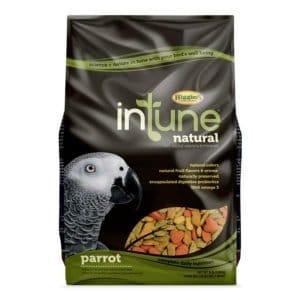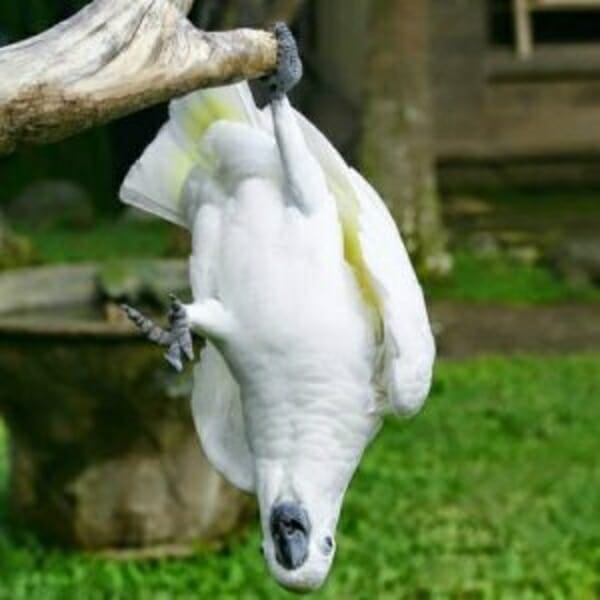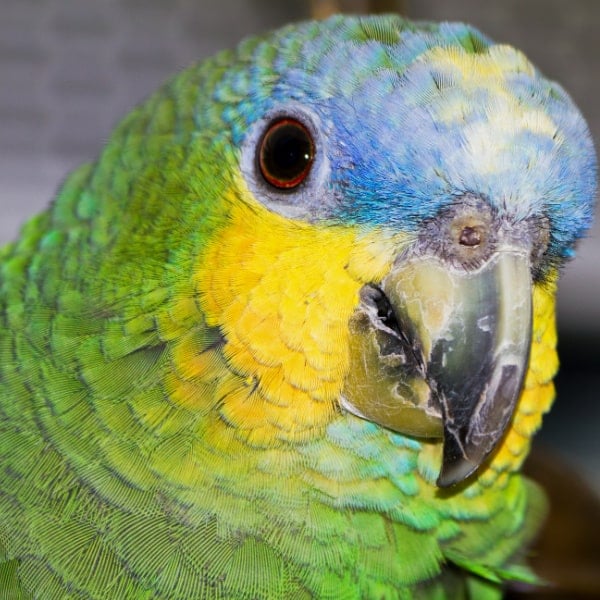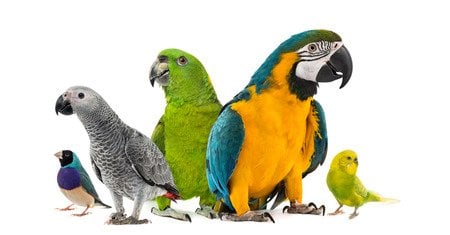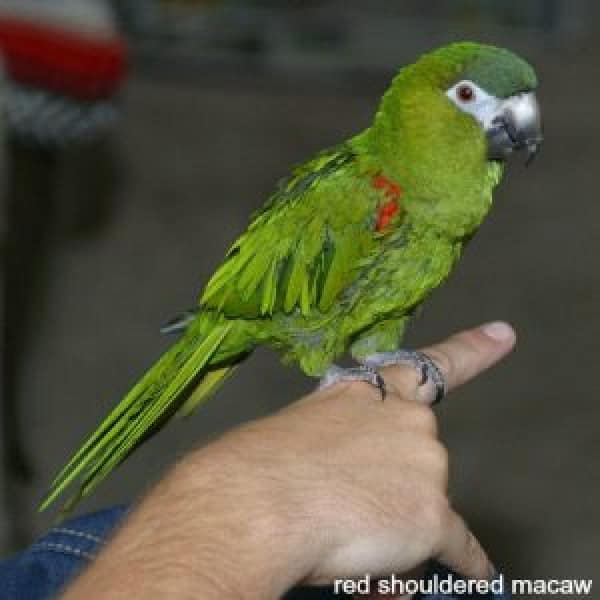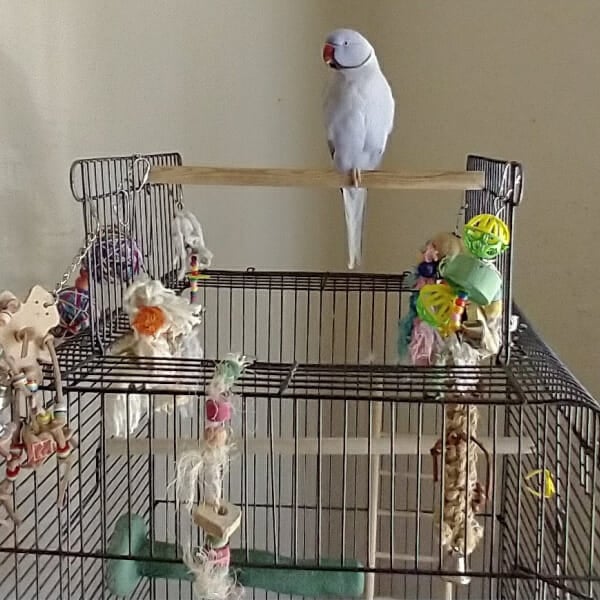The Complete Guide To Understanding Sleeping Birds
Mitch,
Have you written about “bird sleep”? I watched an eagle chick go from hatchling to fledgling and during the process, both the chick and parents seemed to sleep only periodically, preening much of the night.
Lessons Learned From This Successful Captive Blue Front Amazon Pet Bird Keeper
Learn Amazon parrot care from one of Windy City Parrot’s customers – who gets it.
Hello, Mitch
I’ve followed your blog for quite a while and always appreciate your perspectives and insights. I was pretty much gutted when I read your article on Sunday … “Birds in cages suffer all their lives.”
I want my bird to have a happy and healthy a life as possible, but I read and hear so much contradictory information that I’m really not sure if I am providing what she needs— and I do try.
The Truth Is You Are Not The Only Person Concerned About What Are The Pros And Cons Of Having A Pet Bird?
What are the pros and cons of having a pet bird? was asked on Quora. This answer motivated me to set the record straight.
Pros
If you do it right, you’re going to have a loving companion animal for the next 60 years.
Cons,
If you do it wrong, you’re going to have a very unhappy bird for the next 60 years.
They can live sixty years or more.
They’re loud (a cockatoo’s scream has been measured at over 100db, compared to 130db for a jet engine at 100 feet).
They throw food.
What Type of Macaw Makes the Best Pet for a Small Family?
Please don’t get discouraged because of one anecdotal story of stupidity. (See other Quora answers below) People die in car crashes every day but most of us still drive.
Here’s a little back story for you. The ancient Greeks kept parakeets. Not necessarily budgies because the Alexandrian parakeet got its name from Alexander the Great. As the story goes Alexander was gifted one of those around 327 BC
File under more money than brains. We all know how crazy the Romans were but not many people know that they would assign a slave to take care of the family bird which was usually a parrot of some sort.
The Secret of Do Birds in Cages Suffer All Their Lives?
I’ve often said the perfect size cage for a Green Wing Macaw is 30 acres. Many birds can and do suffer miserably in cages. There are ways we can offset the majority of the stress for our captive birds — but many of us do not.
Full transparency — I’m a companion to one Senegal parrot and four budgies. That in and of itself does not make me an expert. What makes me an expert in my 15 years of interacting with tens of thousands of captive bird owners while operating the Windy City Parrot website
At Last, The Secret To Keeping Food And Cage Accessories Free Of Bird Poop Is Revealed
From Marla S.
Hi, Your toys, treats, and perch setup is nice. Not overcrowded and laid out nicely. One comment though.
As a Lovebird Mom for over nine years now, it baffles me to this day to see other bird parents place their bird’s open food and water dishes on the cage floor!
This is in the direct path of the bird’s poop! Would you place your human’s child’s food and water dishes in the bottom of the toilet? No.
What Kind of Parrot Should I Get and How Do Birds Talk?
What kind of parrot should I get based on this schedule?
I wake at about 5:30 AM and get ready for school. At 7:25 AM I head off for school. After at about 2:00 PM I get back home for lunch and do what I want for 2 and a half hours. I then do homework for 2 hours and then dinner and 1 hour of anything.
Parrotlet Perch & Diets, Hanging (Bat) Budgie, Conure Life Spans, Grey Diets & More
I have recently purchased a new parakeet (Budgie)
As my beloved 7 yr old Sparky died. He is very young as the cere above his beak is just changing color from white to blue.
When I cover his cage at night he is on his top perch but when I get up in the morning Budgie is hanging upside down from the top of his cage. He has a perch high up but moves to the roof when I am sleeping. Any ideas?
Martie H
How Should I Set Up My Green Cheek Conure’s Bird Cage and How Often Should I Clean It?
I own a green cheek conure. He has a pretty large cage, not sure of the exact dimensions, but I’m very confused on how to set it up, I hear that people put newspaper to line the cage with but are you supposed to put that on top of the litter or under it? Also, how often should I change the litter?
(more…)


